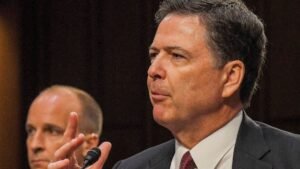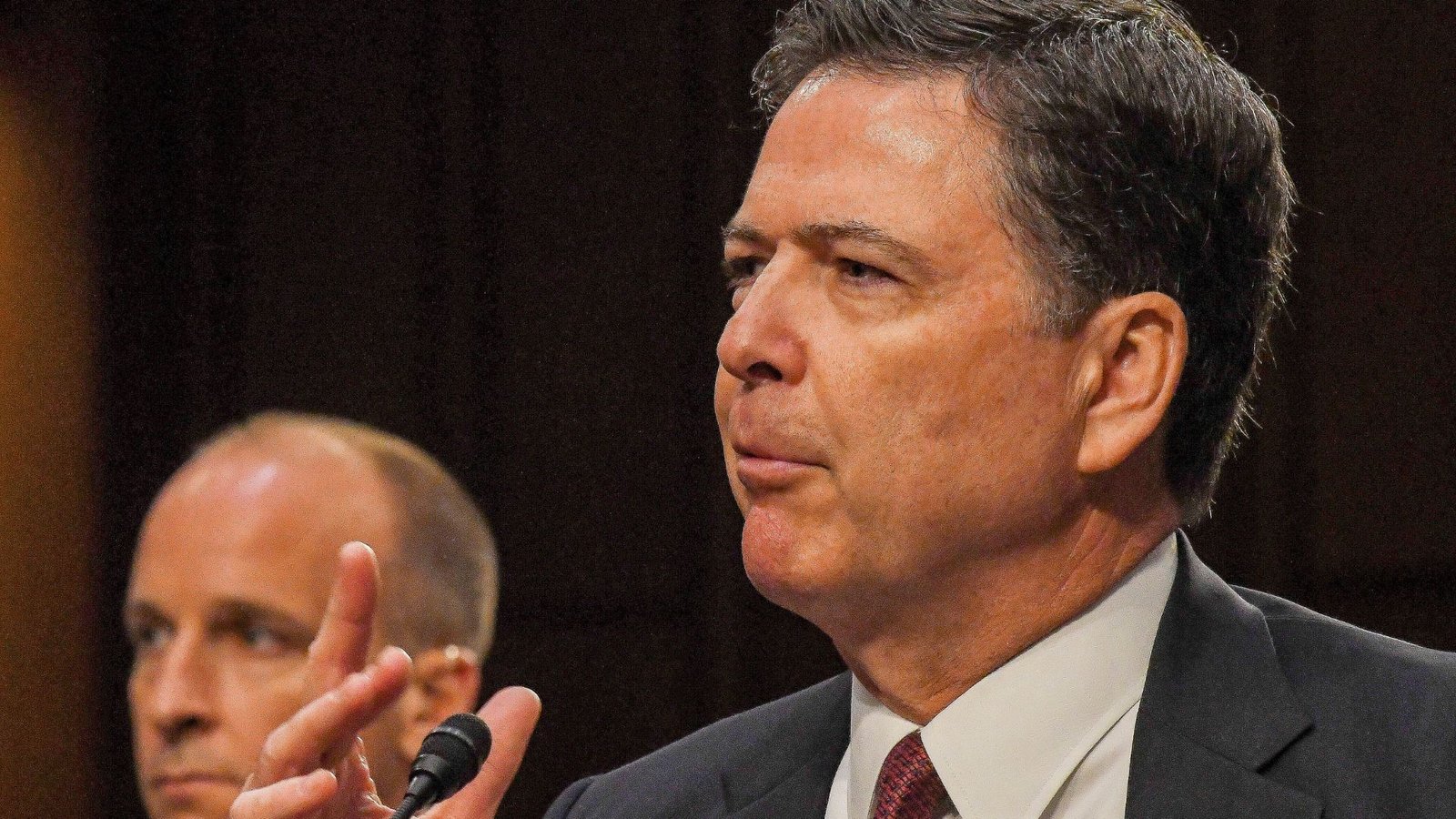Silicon Valley Power Play
Donald Trump is reportedly tapping David Sacks, a venture capitalist, to serve as the White House’s first “AI and Crypto Czar.” Clearly signaling that Trump plans to position the United States as a global leader in the two most consequential technologies of the 21st century.
However, this isn’t just another political appointment. It’s a calculated bet that bringing Silicon Valley experience to Washington can accelerate innovation. Possibly even sidestepping a regulatory log jam. This move is the clearest acknowledgment yet that the future will likely run on algorithms and blockchains.
Who Is Sacks Anyway?
Sacks isn’t just some tech world talking head. He’s Silicon Valley royalty. Best known for co-founding PayPal and helping to shape its iconic exit. Sacks has since launched a venture capital firm with investments in heavy-hitters like SpaceX, Airbnb, and Robinhood. Simply put, he’s been in the trenches of disruption. Making him uniquely qualified to lead policy in these emerging sectors.
And yet, this isn’t just about credentials as much as it’s about clout. As Wired once wrote, the PayPal Mafia isn’t just a clique. It’s an “economic superweapon.” With sacks being his number one draft pick, Trump is essentially saying, “If you want to lead the tech race, you need a technologist.”
Trump’s High-Stakes Tech Gamble
The stakes couldn’t be higher. Global competitors like China are racing ahead by dumping billions into AI development. All while tightening their grip on digital currencies through initiatives like the digital yuan. “AI is the new arms race,” Stanford’s AI Index Report bluntly stated earlier this year. Warning that the U.S. may end up falling behind without a cohesive national strategy.
It’s a good thing that David Sack’s track record suggests he’s not afraid to push boundaries. If recent reports are accurate, Sacks will focus on championing open-source AI frameworks. He also stands as an advocate for lighter-touch regulation in crypto bringing a Silicon Valley ethos of “move fast and break things” to a D.C. often defined by its inertia.
But this is Washington where every disruptor inevitably hits friction. “David Sacks knows how to innovate, but policymaking is a different beast,” said Thomas Holt of the Institute for Technology Policy. “He’s walking into a minefield where progress can be paralyzed by politics.”
Applause and Eyebrows
The reaction from the tech world has been mixed. Some crypto enthusiasts are hyped. “This could be a game-changer for the industry,” tweeted Balaji Srinivasan, former CTO of Coinbase. “With Sacks, we might finally get the regulatory clarity we’ve been begging for.”
On the flip side, however, skeptics point to potential conflicts of interest. Sacks plans to remain involved with Craft Ventures while shaping national tech policy. Which is a move critics argue could muddy the waters. “It’s not just about appearances. Will Sacks prioritize the public good or his private portfolio?” asked a recent editorial in The Verge.
Others worry that Sacks’ vision of minimal regulation could lead to unintended consequences. “We need smart oversight, not a free-for-all,” cautioned Sheila Warren, CEO of the Crypto Council for Innovation. “The last thing we need is another FTX scenario.”
Silicon Valley Swagger in D.C.?
This isn’t the first time Silicon Valley has flirted with Washington. Remember the Obama-era push to align Big Tech with federal policy? Those efforts were long on promises and short on results. Sacks, however, represent a different breed. He’s not looking to play nice…he’s looking to disrupt.
“David’s approach will be pure execution,” said one former colleague who worked with Sacks at PayPal. “He’s not interested in political theater. He wants outcomes.”
While D.C. isn’t exactly known for its speed, Sacks’ success will depend on his ability to navigate the bureaucracy, sell his vision to skeptical lawmakers, and dodge the inevitable headlines accusing him of favoring his tech buddies. If he can pull it off, the benefits could be immense. We’re talking better policies, faster innovation, and an America-first strategy that puts the country back on top in AI and blockchain.
A Necessary Gamble
David Sacks as AI and Crypto Czar is a bold choice in every sense of the word. It’s a gamble on expertise, a bet on disruption, and a challenge to an entrenched system that often seems allergic to innovation.
But the world isn’t waiting. While regulators argue over stablecoins and chatbots, China is deploying AI to its military, and Europe is locking down crypto with GDPR-style rules. If the U.S. wants to lead, it needs leaders who understand the stakes—and Sacks might just be that guy.
Will this experiment in tech-meets-policy succeed? Only time will tell. For now, one thing is clear: the AI and crypto races are heating up, and America is finally showing it wants to compete.
















